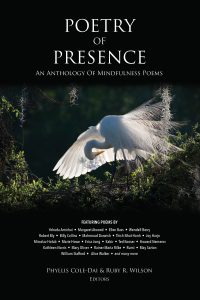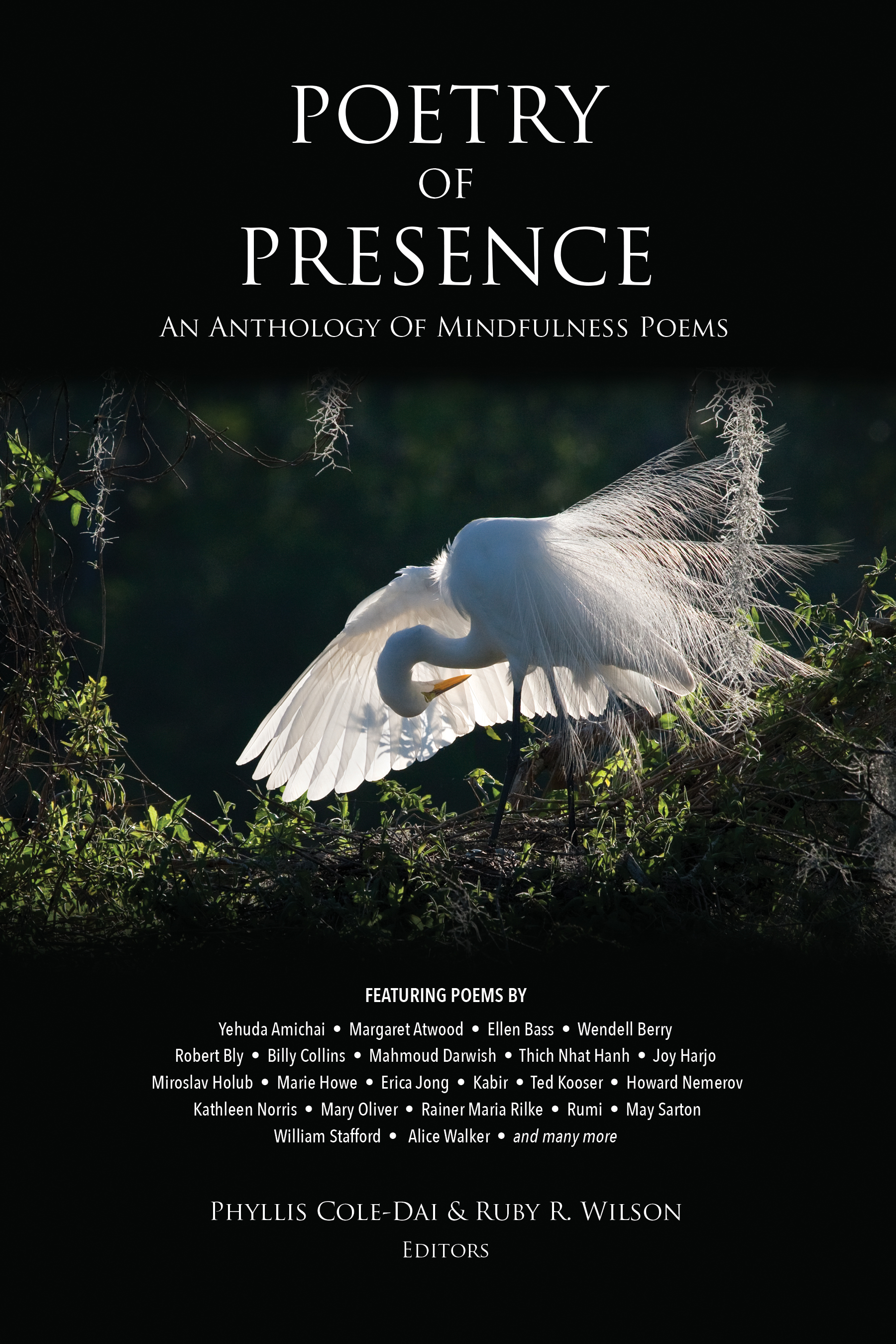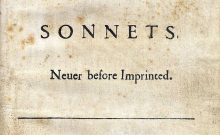 On this #Mindfulness Monday, we focus on the beauty in the ordinary. Though ordinary things and actions are often overlooked or discounted, they often form the foundation for everything that follows. In Pat Schneider’s “The Patience of Ordinary Things” in Poetry of Presence, she opens with:
On this #Mindfulness Monday, we focus on the beauty in the ordinary. Though ordinary things and actions are often overlooked or discounted, they often form the foundation for everything that follows. In Pat Schneider’s “The Patience of Ordinary Things” in Poetry of Presence, she opens with:
It is a kind of love, is it not?
How the cup holds the tea,…
(For the rest of her poem, see page 33 of Poetry of Presence — more on this below.*)
Beauty in the Ordinary
In our book, Teaching with Heart, we dedicated a chapter to “Beauty in the Ordinary.” We wrote:
Good teachers are steadfast—that is, they stand firm, faithful, and resolute. They are methodical and systematic, yet they do their work in highly fluid and complex environments. Teachers make hundreds of decisions a day: responding to students, asking questions, and adjudicating conflict. Teaching requires the capacity to work a plan, but also the agility to improvise.
To keep their balance, good teachers put in place powerful routines that support learning and the building of community. These procedures may not be glamorous, but they function as the linchpin of life in a classroom. Much as the stonemason values the wedge-shaped keystone that serves as the apex on an arch and locks the stones into position, allowing it to bear weight, teachers appreciate the significance of creating stability and predictability within the multidimensionality of the classroom.
The teachers in this section understand the importance of minding the small but indispensable routines that constitute their work. The work of good teaching is quiet, hidden, and often immeasurably subtle. The ordinary rhythms of teaching have an aesthetic beauty and a quality of craftsmanship that emerge in the stories teachers share.
As we come to the end of the school year, please remember to thank your teachers for their “ordinary” work throughout the year.
*Mindfulness Mondays’ Poems:
For #Mindfulness Mondays, I post a poem from Poetry of Presence or Teaching with Heart.
Often I just post a few of the poem. Why just a few lines? When we created the books, we obtained permission to reprint the poems in our books. Sometimes we were granted permission to post them online as well. But not always. And sometimes we could not afford the extra cost. So when we have permission to reprint them in full, we will do so. When we don’t, we’ll post a few lines (we’re allowed to do that) – enough to give you a hint of the poem and something to reflect on for your Mindfulness Mondays practice.
Our hope is that you’ll purchase Poetry of Presence and Teaching with Heart to get the poems in their entirety — and enjoy all that the books have to offer. All told, it’s an investment of approximately $41.90 for two books, for over 250 poems – about 17 cents a poem.
 Poetry of Presence
Poetry of Presence
Order Poetry of Presence directly from the editors, here. You can also order the book through the Grayson Books, Barnes & Noble and Amazon.
 Teaching with Heart
Teaching with Heart
Teaching with Heart is currently available at a 30% discount. Order Now and Save 30%
Order through Wiley.com and use the discount code TWH30 and save 30%. Teaching with Heart is also available through Barnes & Noble, Indie Bound and Amazon.
As you may have noticed, I list Amazon last, because while Amazon may save you a few dollars, authors get a much higher percentage of the price and royalties when you buy their books directly from them or their publishers. Just saying…
Meet Pat Schneider
 From the Poetry Foundation: Pat Schneider was born in rural Missouri in 1934 and is the author of nine books of poetry. She received her MFA from the University of Massachusetts, and founded Amherst Writers & Artists, a non-profit corporation which sponsors outreach writing workshops and retreats for “traditionally silenced populations,” including low-income women and children.
From the Poetry Foundation: Pat Schneider was born in rural Missouri in 1934 and is the author of nine books of poetry. She received her MFA from the University of Massachusetts, and founded Amherst Writers & Artists, a non-profit corporation which sponsors outreach writing workshops and retreats for “traditionally silenced populations,” including low-income women and children.
Schneider’s collections of poetry include White River Junction (1987), Long Way Home (1993), Olive Street Transfer (1999), and The Patience of Ordinary Things (2003). Her work has appeared in many anthologies including Family Reunion (2003), There’s No Place Like Home for the Holidays (1997), and Alphabestiary (1995).
Schneider’s poetry often explores racial and class-related issues in realistic scenarios. Don Junkins, while reviewing her book, Another River: New and Selected Poems, writes: “Pat Schneider’s poems cut through to the real world…She not only knows how to write, seemingly without effort, articulate and precise lies, she’s lean in language and abundant in content. Hers is a genuine voice expressed in informed craft, which to be really effective includes the management of tone, which itself depends entirely on the management of restraint.”
Schneider has taught at the University of Massachusetts, the University of Connecticut, Smith College and is an adjunct faculty member at the Graduate Theological Union and Pacific School of Religion. She resides in Amherst, Massachusetts with her husband.
Join us for #Mindfulness Mondays
Each Monday, just check in here to find the poem of the day. Then open the page in your book and begin to read.
It’s that simple.
If you want to go further, you can take a moment or two to let the poem sink in, to catch your breath.
I figure that takes about five minutes.
The benefits? Well, you’ve just spent five minutes on yourself – away from the news, tweets, and the “madding crowd.” And if that’s not enough, the Poetry of Presence editors write that:
regular mindfulness practice (which can include poetry reading) reduces stress, promotes health, stimulates learning and creativity, enhances relationships, helps us face suffering and loss, and strengthens our compassion for others.
That’s quite a return on a five-minute investment!
Enjoy!
Teacup photo credit: callocx <a href=”http://www.flickr.com/photos/61400543@N04/18151266349″>Twinings Pure Green</a> via <a href=”http://photopin.com”>photopin</a> <a href=”https://creativecommons.org/licenses/by/2.0/”>(license)</a>







Leave a Comment